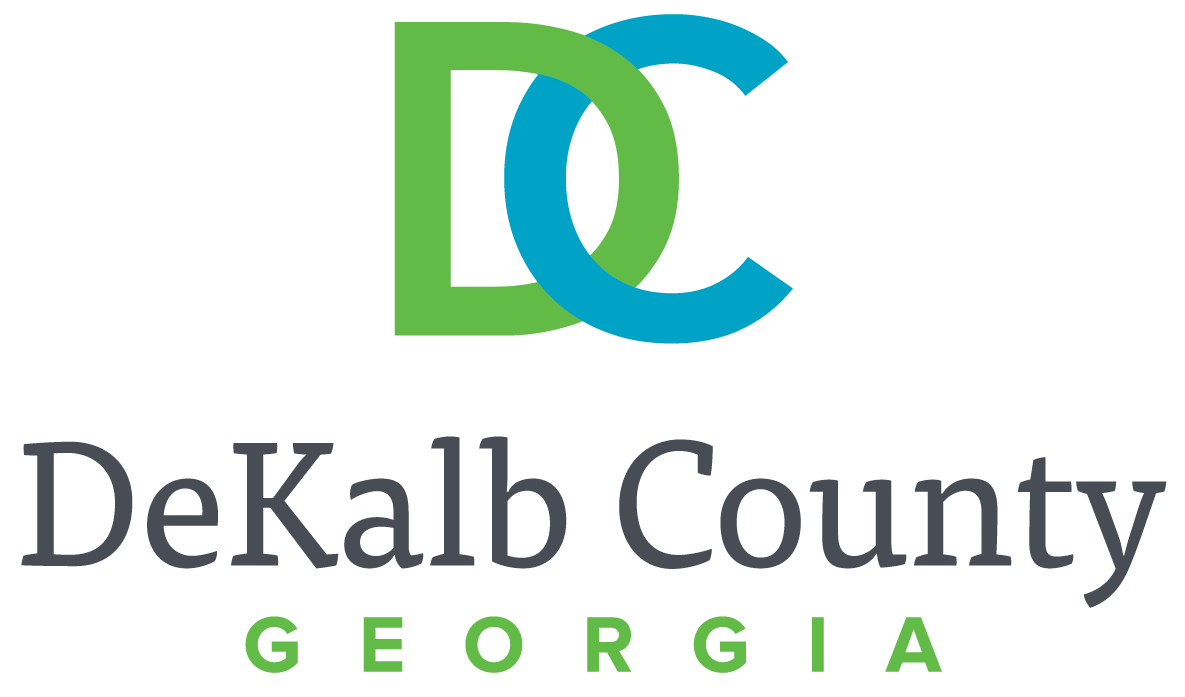
Commissioner Larry Johnson, who has been a strong proponent of mental health services and awareness for several years, has been appointed to the Association of County Commissioners of Georgia’s (ACCG) Mental Health and Substance Abuse Committee.
The committee’s objective is to create a clearinghouse for all 159 Georgia counties to share and access information on best practices for serving citizens with mental health and substance abuse disorders. This committee will work to identify best practices that take into consideration the differences between rural and urban Georgia. The information produced by this committee will help counties identify key local, state, and federal resources; establish effective initiatives; and forge impactful partnerships.
Commissioner Johnson co-chairs the Resource Subcommittee which has an objective to identify the funding, workforce, and facility requirements needed to provide effective mental health services throughout counties.
“Mental Health is a complex issue,” said Commissioner Johnson. “It will take all of us to reduce stigma, and advocate for policies that support mental health services.”
Commissioner Johnson’s advocacy does not stop there. With the recent celebration of World Mental Health Day, an international day for global mental health education, awareness, and advocacy against social stigma on Oct. 10, Commissioner Johnson advocated and partnered with the National Association of Counties and the National Council on Mental Wellbeing that piloted the National Council’s Mental Health First Aid training in DeKalb County. The program was first offered to 25 DeKalb County employees and District 3 community partners and later offered an abbreviated version to community members of which over 180 people registered.
Additionally, Commissioner Larry Johnson, in partnership with STAND Inc., Executive Director Charles Sperling, hosted the fourth annual Opioid Summit. The summit focused on continued education, proactive solutions and increasing advocacy to help with what may be America’s worst drug crisis. It was a multigenerational event that bought together professionals from various fields, including healthcare providers, addiction specialists, public health officials, social workers, educators, policymakers, and community members (youth and adults).
Commissioner Johnson will continue to collaborate with all levels of government and the community to develop policies and strategies that promote mental health and well-being for our all generations and communities.
To see how state government can support students’ mental health, click here.
For more information, contact Commissioner Larry Johnson’s office at 404-371-2425 or visit www.commissionerlarryjohnson.com.

